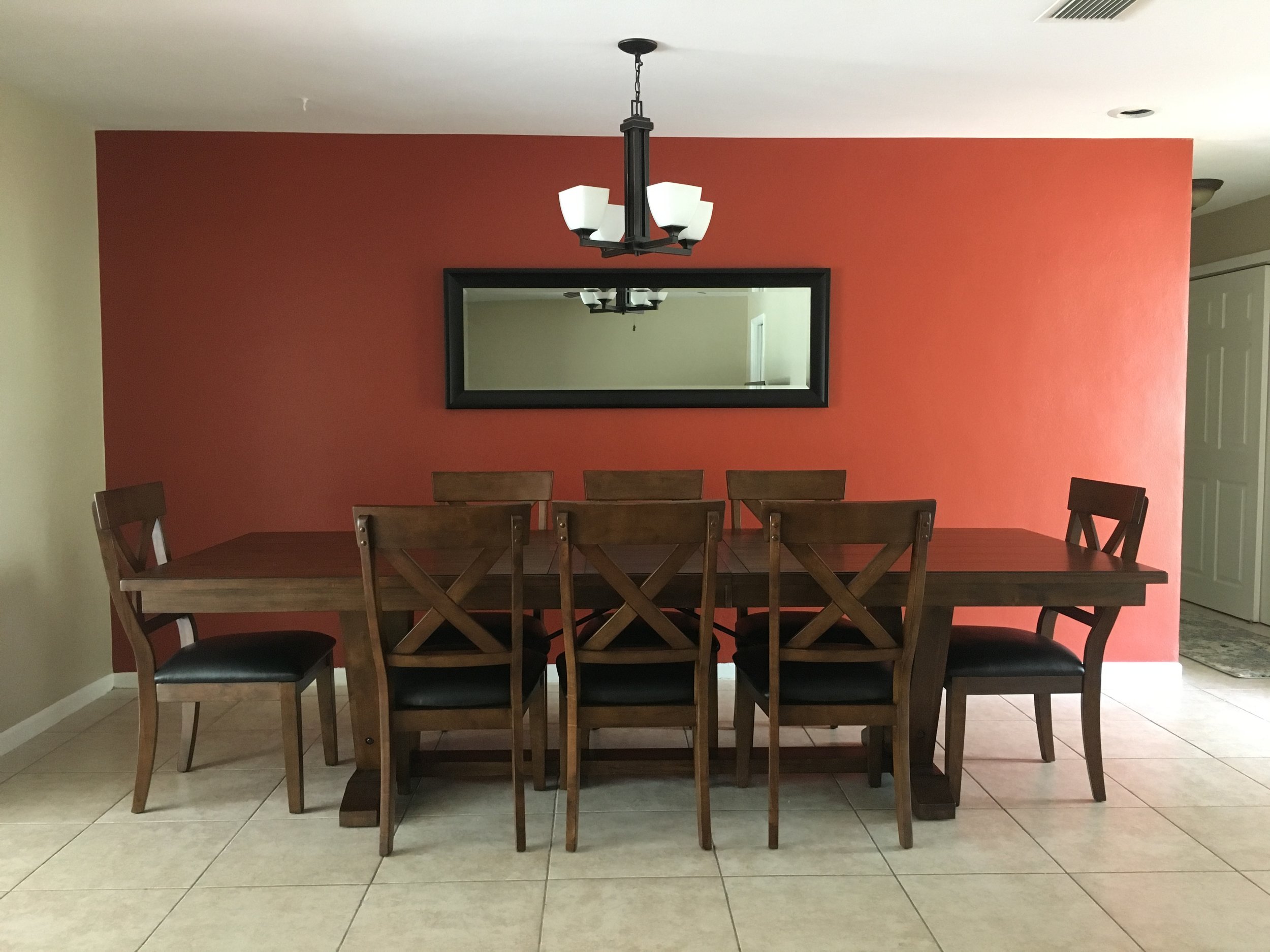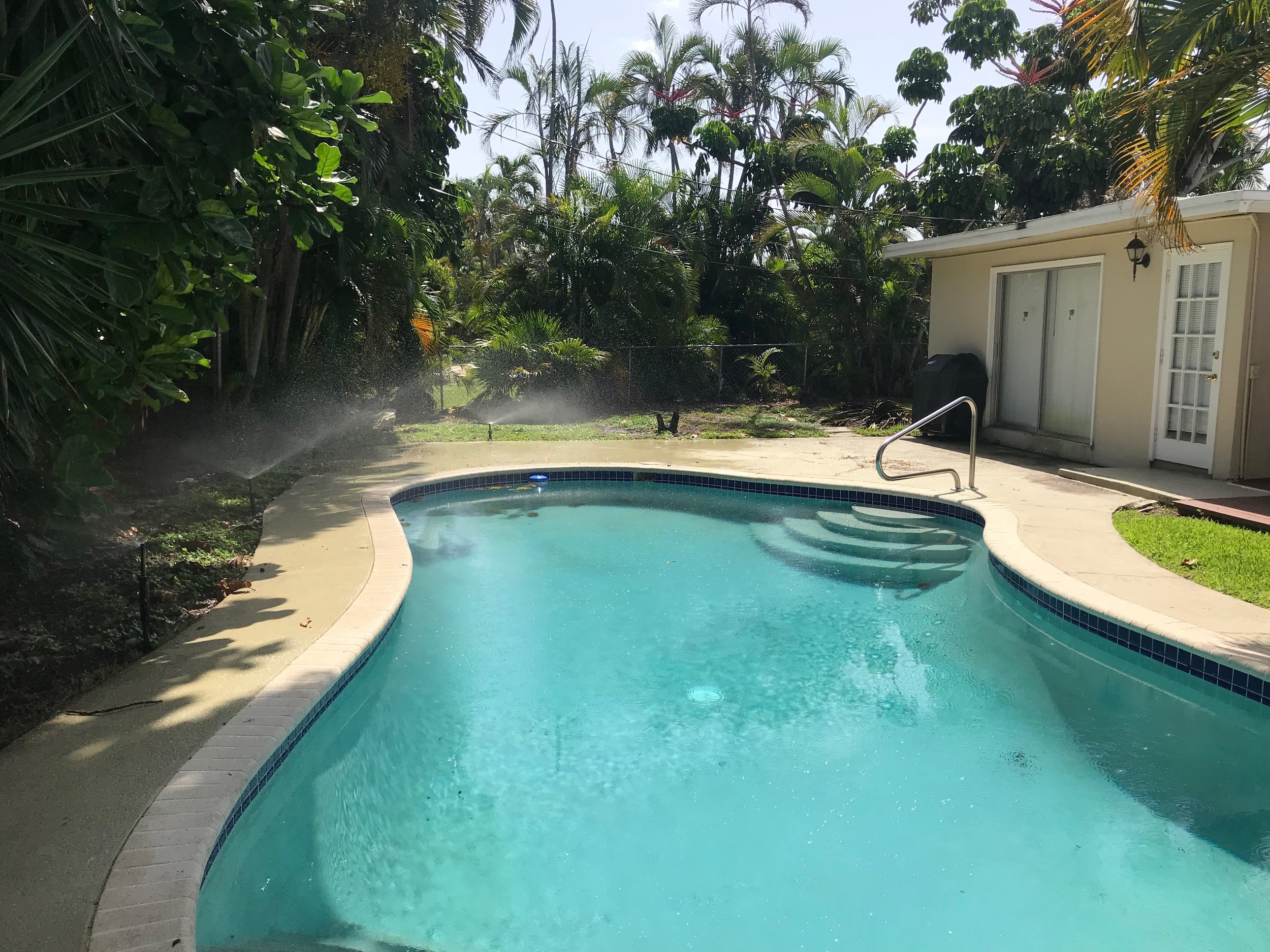ETHICAL CONFLICTS
Certified Residences and their employees shall excuse themselves from taking an active part in the recovery and/or treatment plans of relatives, close friends, and/or business acquaintances
Certified Residences and their employees may participate in political activities on their own time and in accord- ance with their individual desires and preferences, but it must be clear at all times that they are doing so as individuals and not as representatives of FARR or their organization unless specifically agreed to by FARR or their Recovery Residence Administrator
Certified Residences and their employees may not offer, pay, solicit, or receive any commission, bonus, rebate, kick-back, or bribe, directly or indirectly, in cash or in-kind, or engage in any split fee arrangement, in any form whatsoever, to induce the referral or in return for the acceptance or acknowledgment of treatment, of patients or patronage to or from a health care provider or health care facility as defined in FS 817.505. licenseable enti- ties must remain compliant with defined by Section 397.321, F.S. and Rule 65D-30, F.A.C.
Certified Residences ensure that former clients are not be hired as an employee at any site unless a significant period of time has elapsed. At a minimum, a six (6) month prohibition period should be clearly stated in the Certified Recovery Residences policy and procedures regarding employment of former clients
Certified Residences ensure all program associates refrain from engaging in any non-therapeutic dual relation- ships for a minimum of 2 (two) years. If a more restrictive time frame is listed in an employee’s professional ethics code, then that time frame shall apply
Certified Residences shall not provide clinical or therapeutic interventions which are licensable under Chapter 65D-30, Florida Administrative Code without a license issued by the Department of Children and Families, Sub- stance Abuse and Mental Health Program Office
RESPONSIBILITY TO COLLEAGUES
Owners, Managers, Staff and Volunteers of Certified Residences having knowledge of unethical practices on the part of another colleague shall report such practices to the Recovery Residence Administrator and/or, as needed, to the colleague’s professional Ethics Board
Owners, Managers, Staff and Volunteers of Certified Residences should not use the workplace for proselytizing religious, political, or economic issues. However, faith-based programs are encouraged to share their personal testimony and experience as a peer with residents who have elected to reside in the faith-based Certified Re- covery Residence
MARKETING ETHICS
Owners, Managers, Staff and Volunteers of Certified Residences shall not knowingly make marketing claims or create any advertising, or allow for any advertising to be created on their behalf, which contain
A. False or misleading statements or exaggerations;
B. Testimonials that do not really reflect the real opinion of the involved individual;
C. Price claims that are misleading;
D. Promotional offers designed to induce enrollment in exchange for free rent, air travel, grocery cards, gym member-ships and/or other such “freebies”
E. Therapeutic strategies for which licensure and/or counseling certifications are required but not appli- cable at the Certified Recovery Residence.










